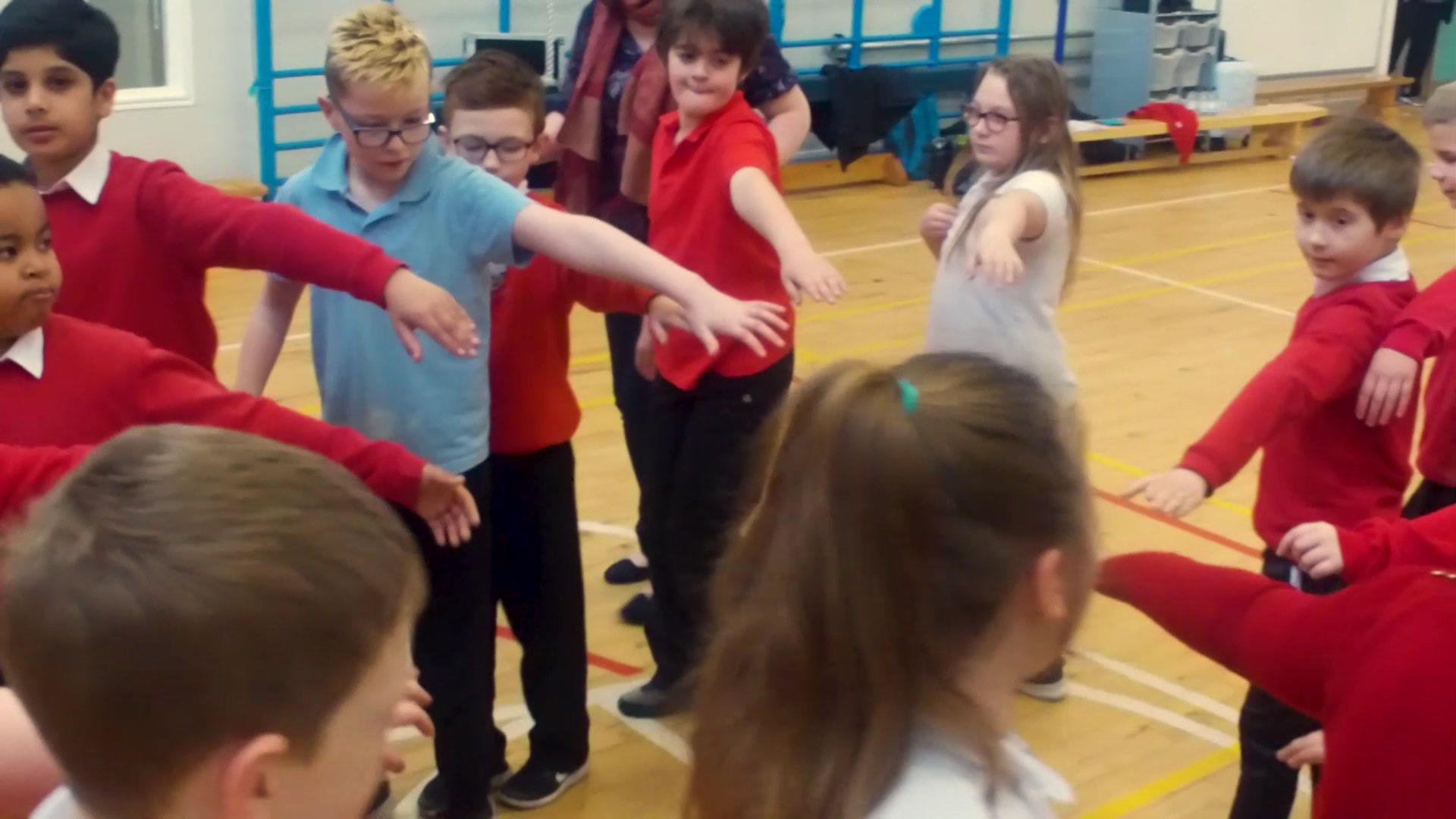Experiment reveals cuttlefish have a 'sophisticated brain'
- Published
- comments
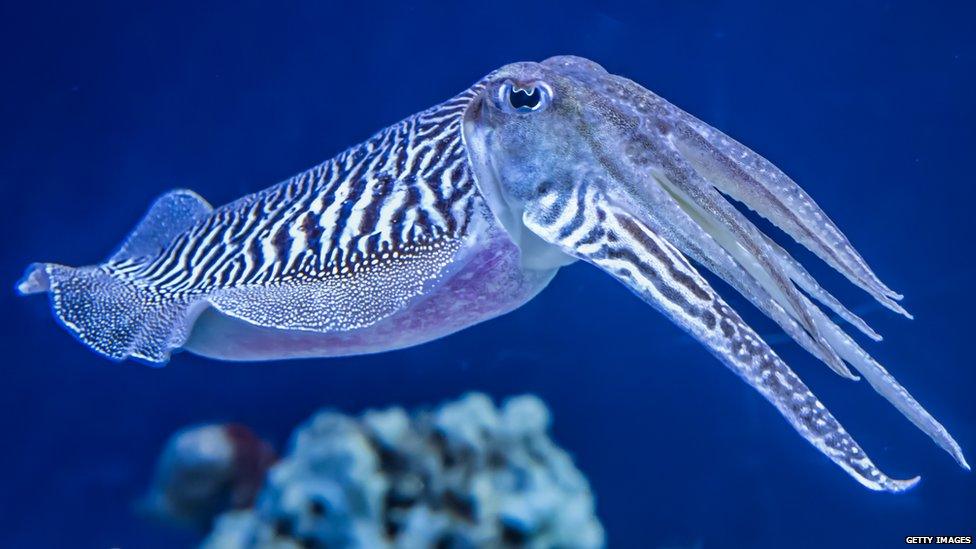
Turns out cuttlefish prefer shrimp!
Have you ever invited a cuttlefish round for dinner and not been sure what to feed it?!
Well, scientists at Cambridge University think they've found the answer.
An experiment has revealed that cuttlefish can actually save room for their favourite meals.
What was the experiment?
The researchers fed the marine species five times a day for five days.
They fed them shrimp and crab to see which they would choose to eat first.
During that part of the experiment, shrimp was the clear favourite.
With this information, they decided to split the group in half, giving one group crab throughout the day with a treat of shrimp every evening.
Meanwhile, the other group were only given shrimp in small and random amounts over the duration of the experiment.
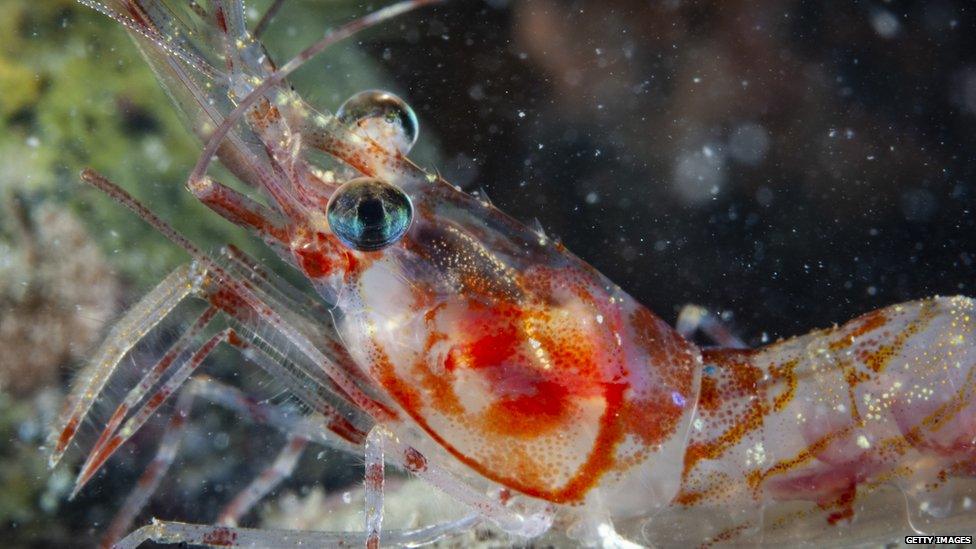
Cuttlefish can learn to save room for their favourite food - shrimps!
What did they find out?
The findings suggest that the first group would eat less crab during the day, when regularly fed shrimp in the evenings.
The second group would take the shrimp or crab whenever they could get it!
What does this tell us?
The scientist in charge of the experiment, Dr Pauline Billard said that like humans, the molluscs learn to adapt because of past experiences.
So, the group being given shrimps in the evening learned that they would get their favourite grub later on. This meant they left room for it by not eating too much crab during the day.
While the other group didn't know if or when they'd get shrimp or crab, so just took as much as they could, when they could.
"It was surprising to see how quickly the cuttlefish adapted their eating behaviour—in only a few days they learned whether there was likely to be shrimp in the evening or not. This is a very complex behaviour and is only possible because they have a sophisticated brain" she said.
So now you know, you aren't the only one who likes to leave space for your favourite food!
- Published1 July 2018
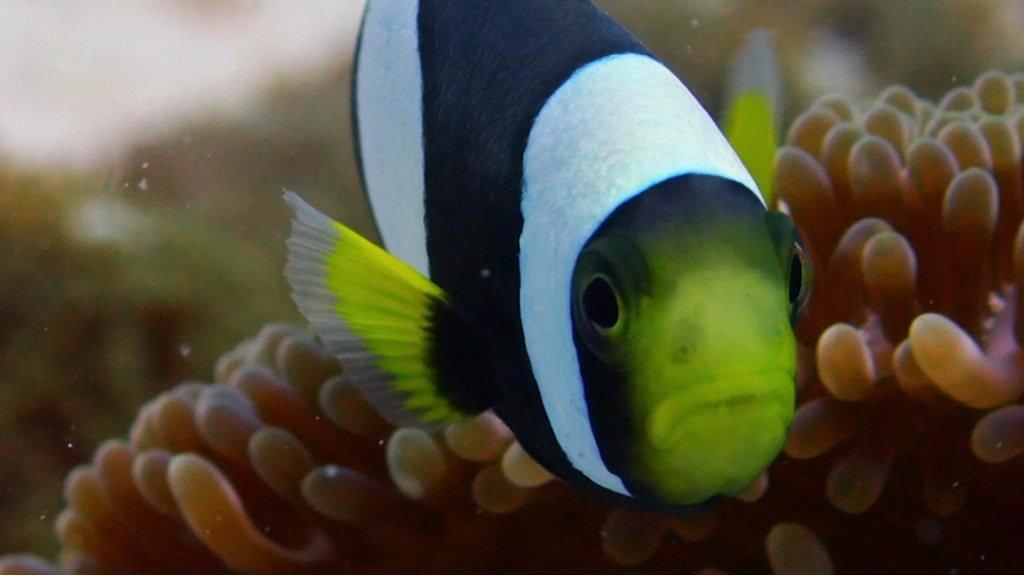
- Published4 February 2020
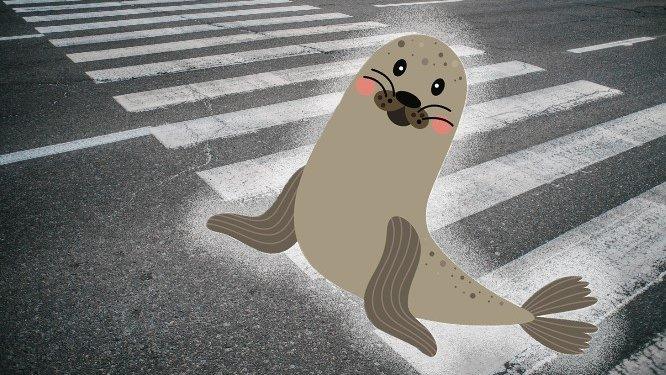
- Published3 February 2020
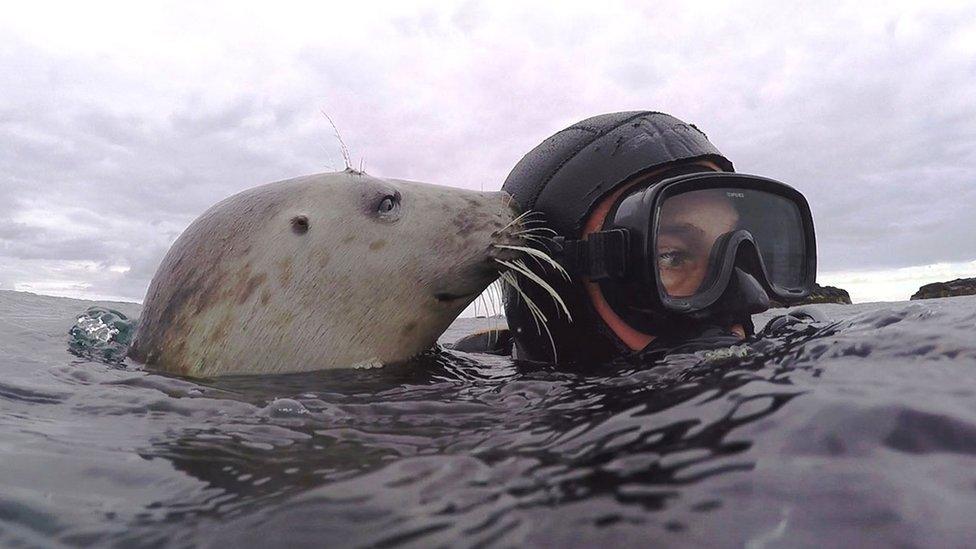
- Published5 February 2020
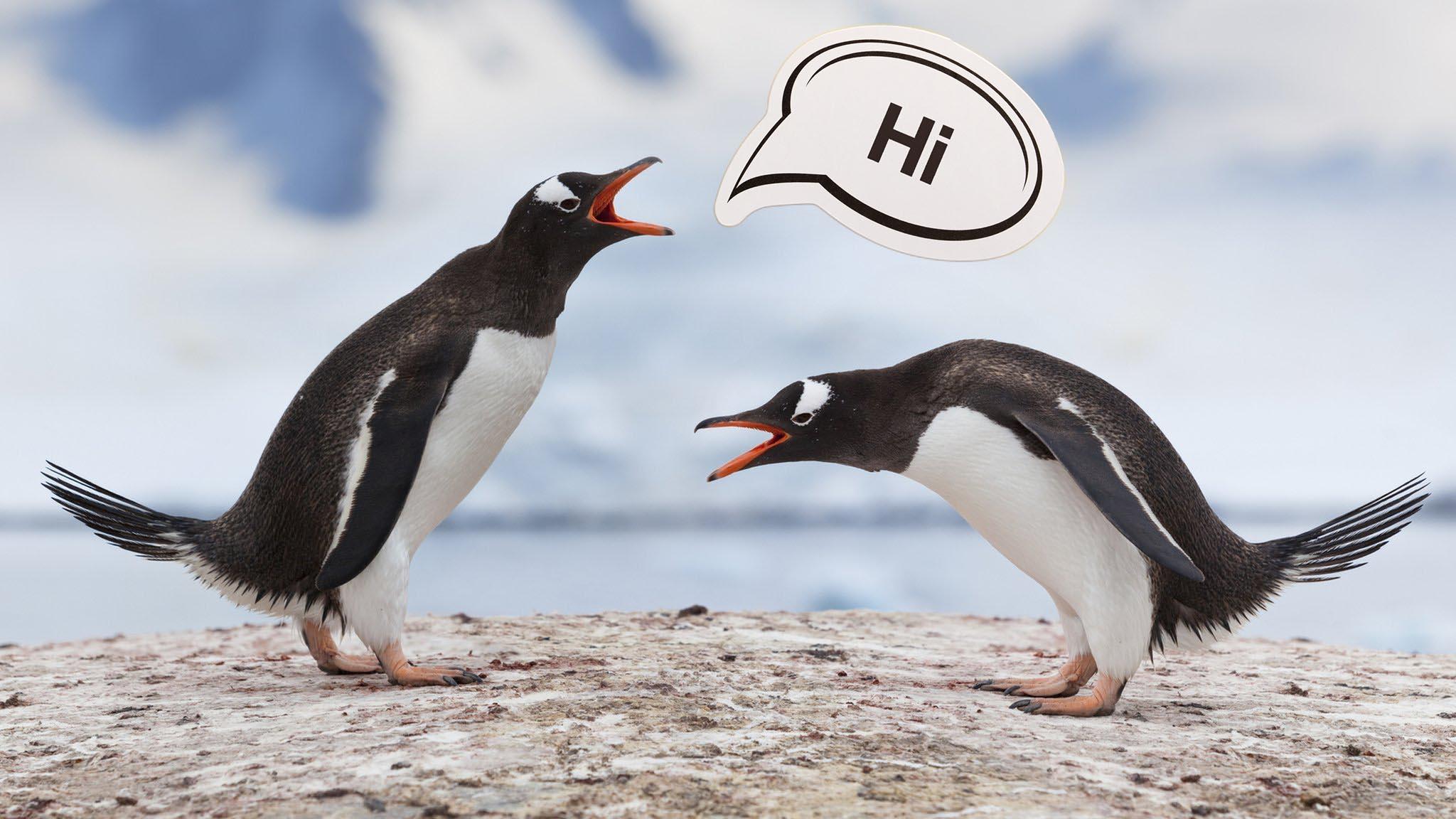
- Published1 July 2018
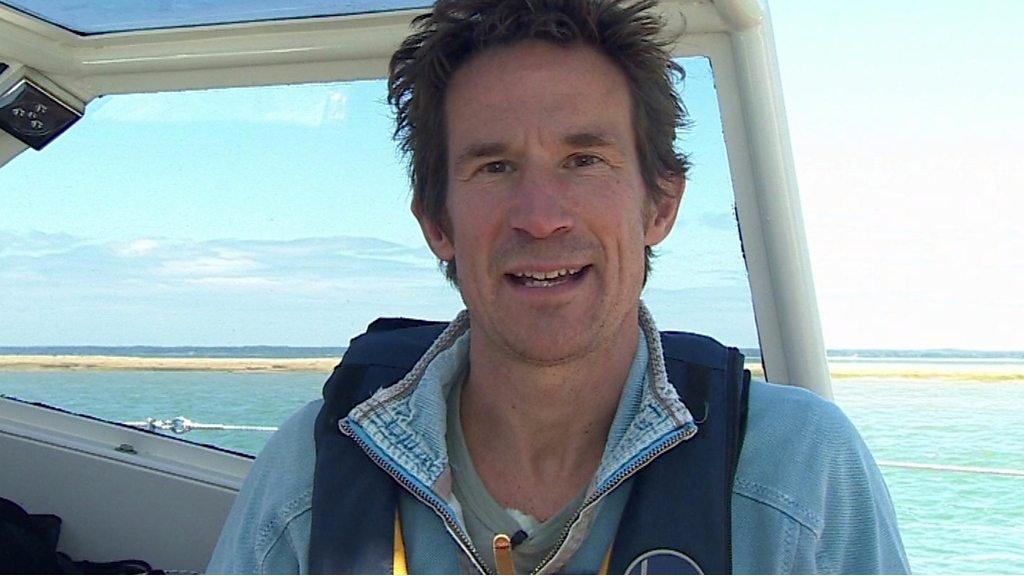
- Published2 April 2019
